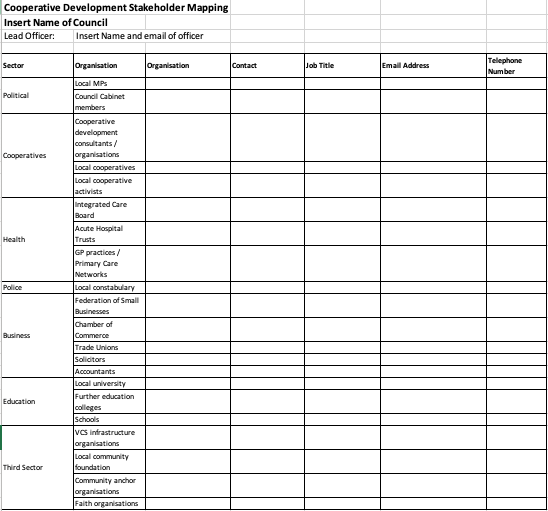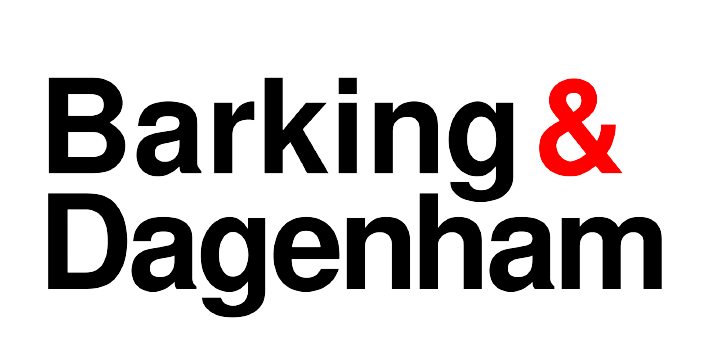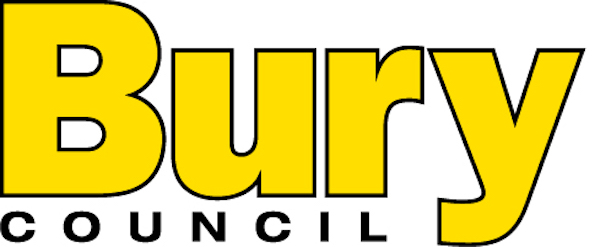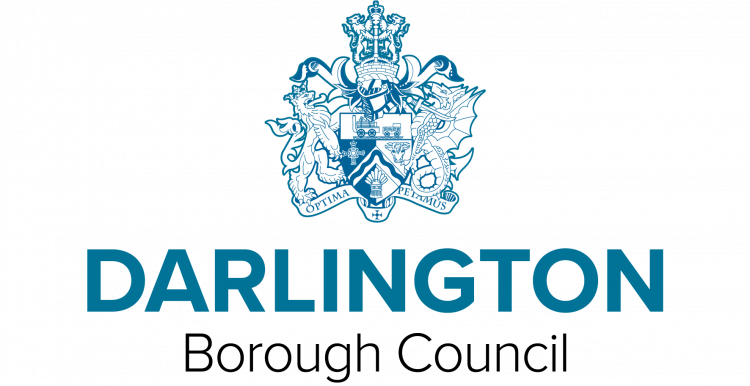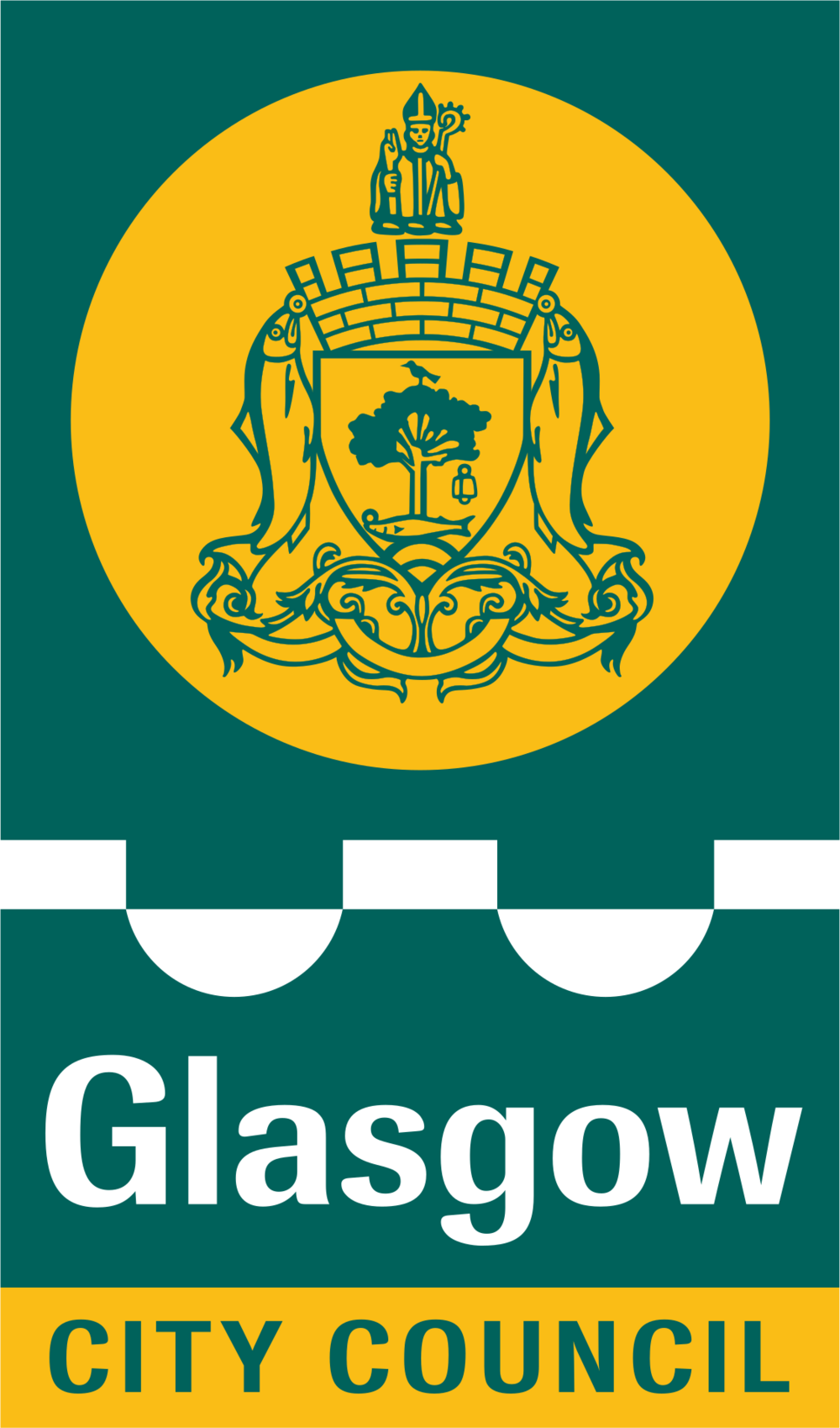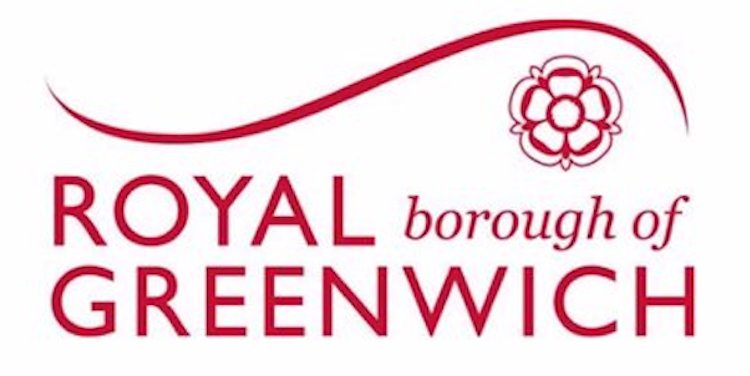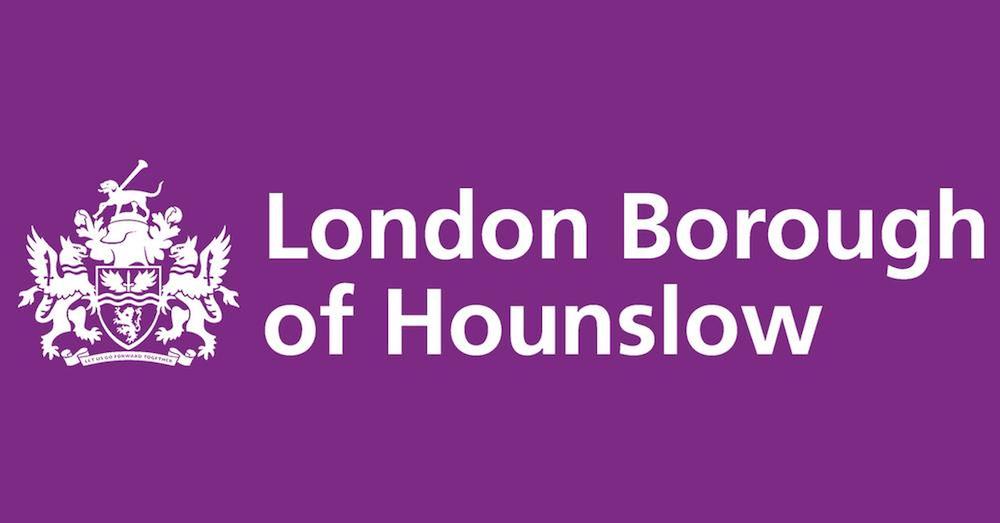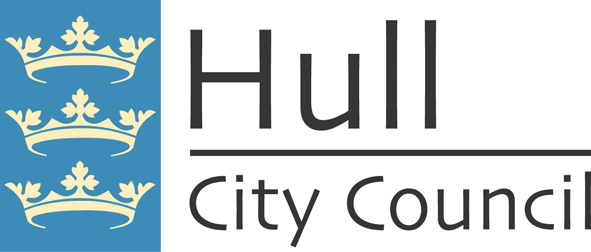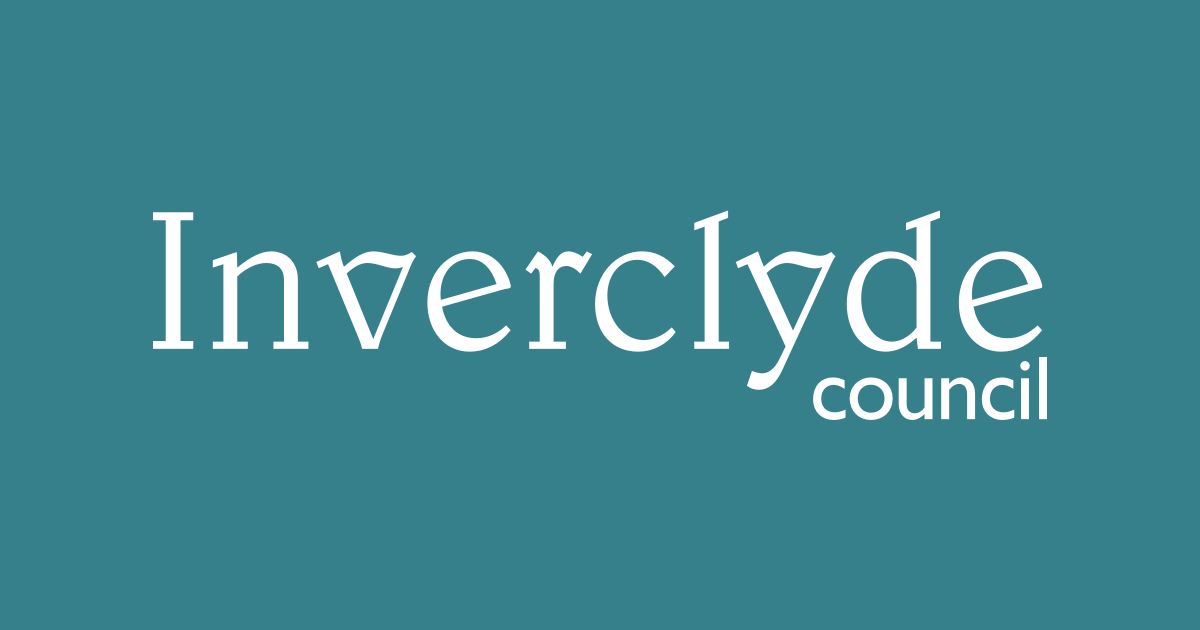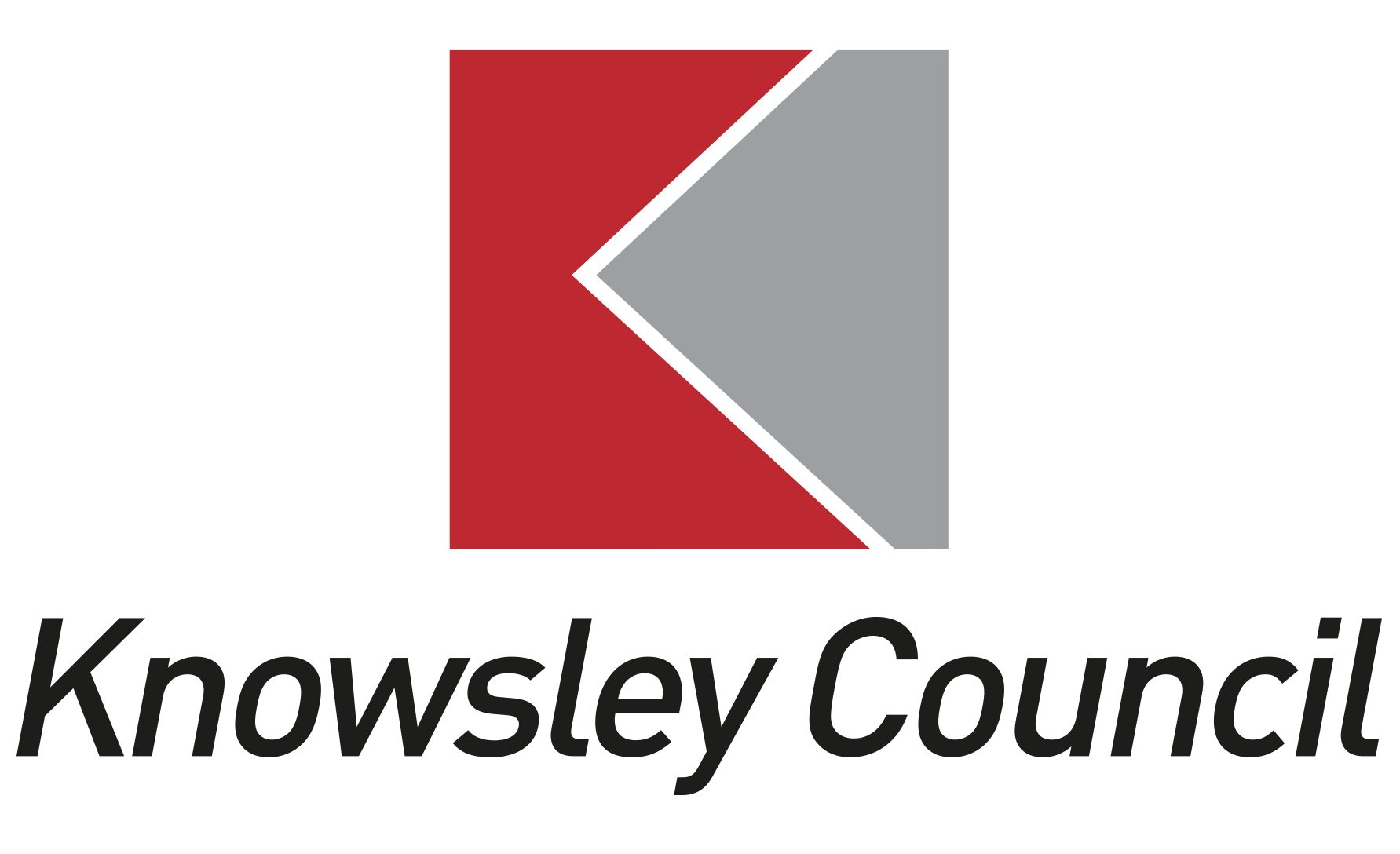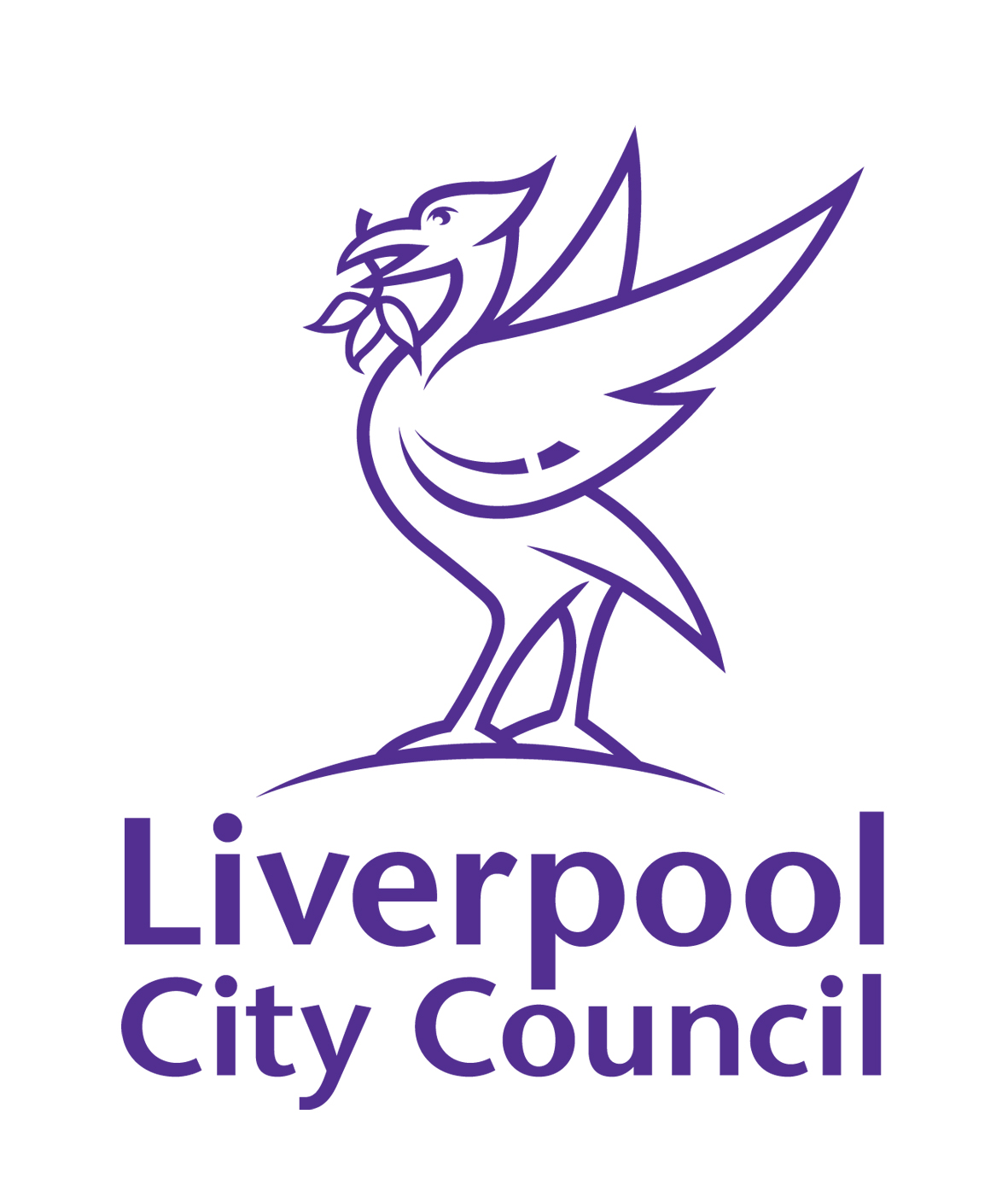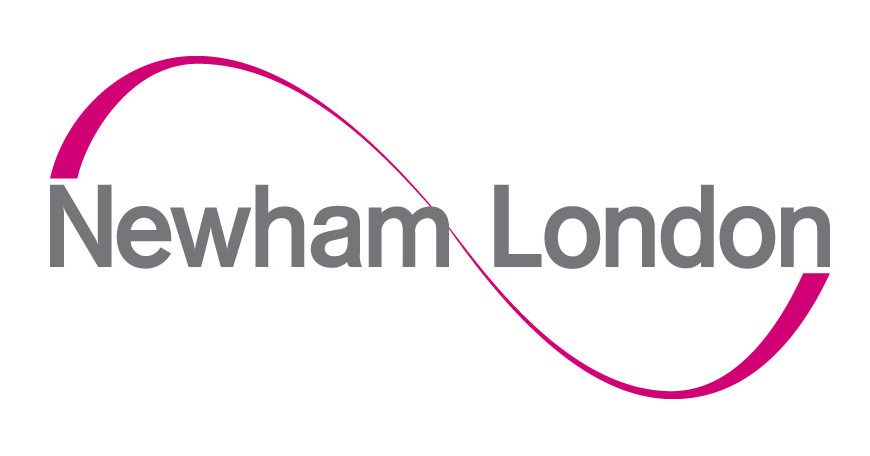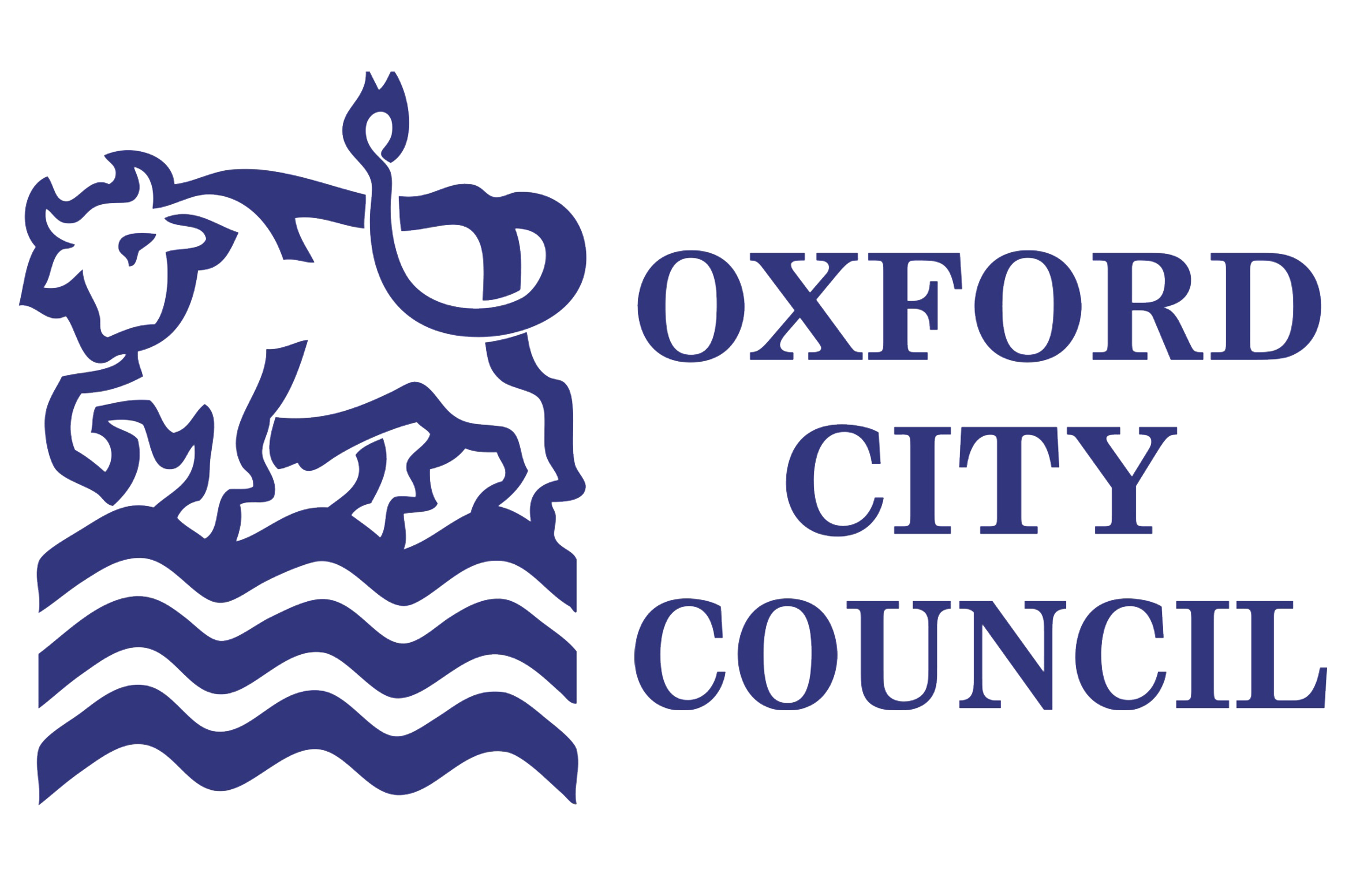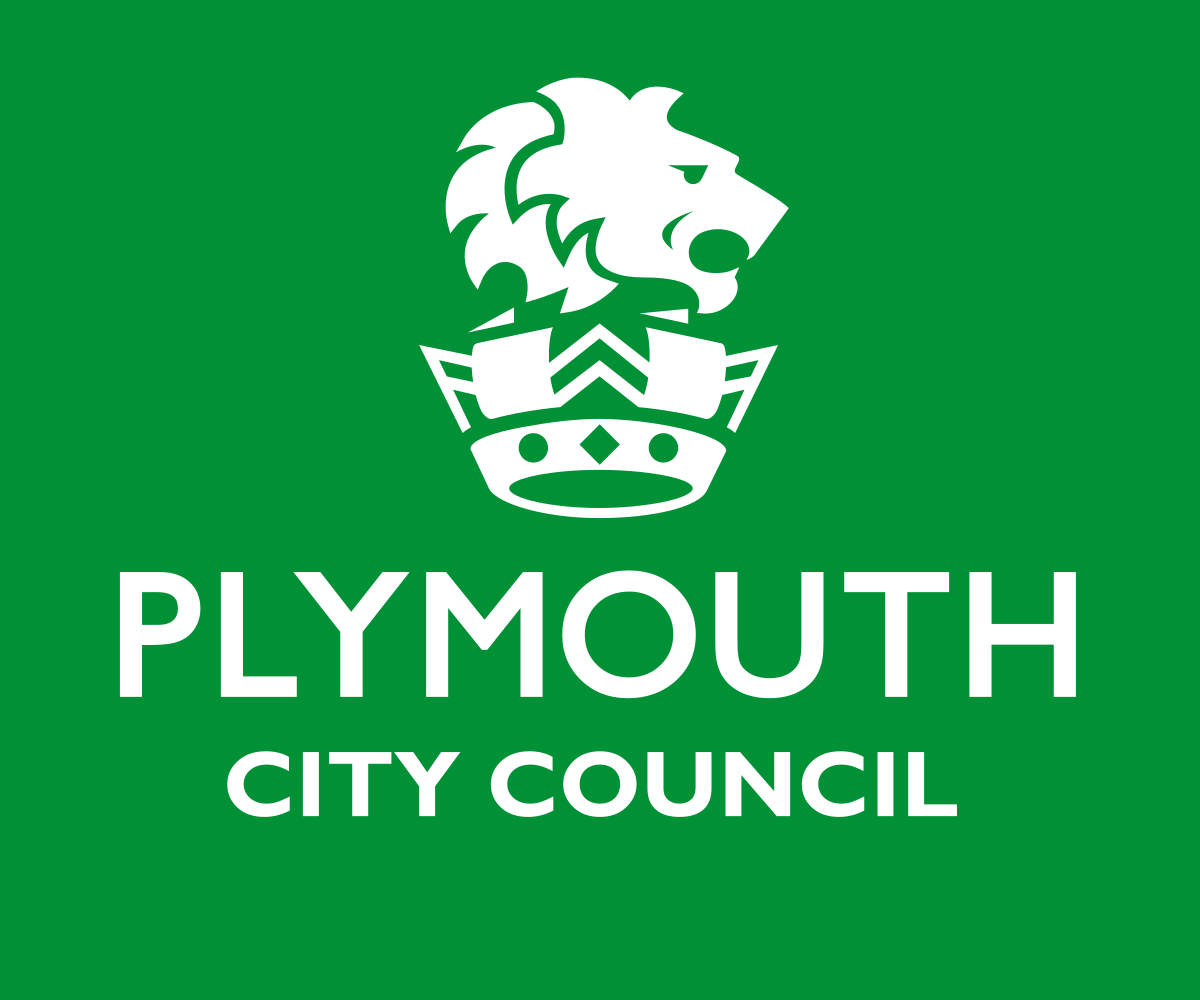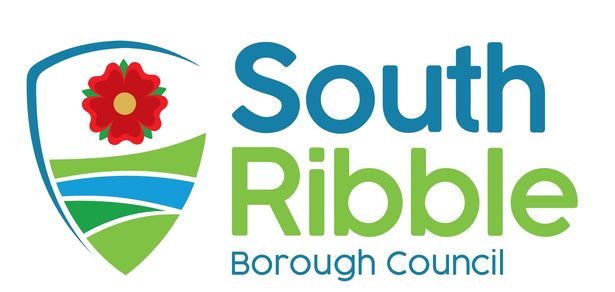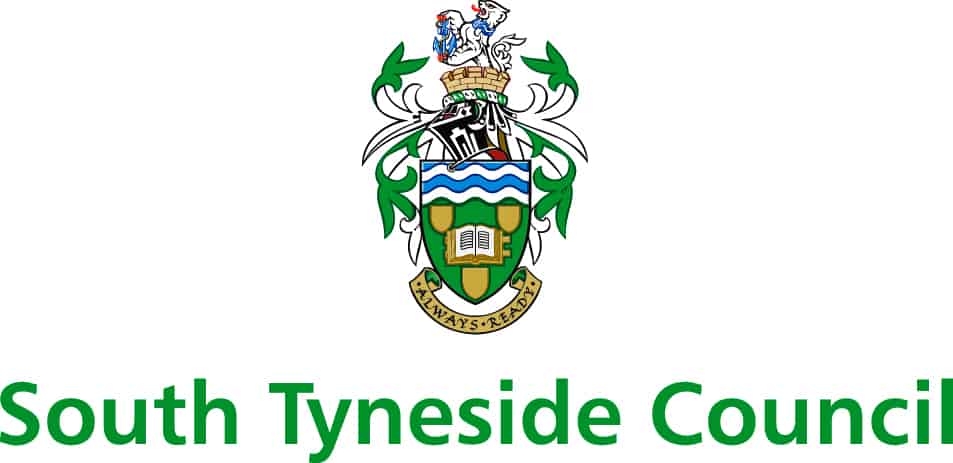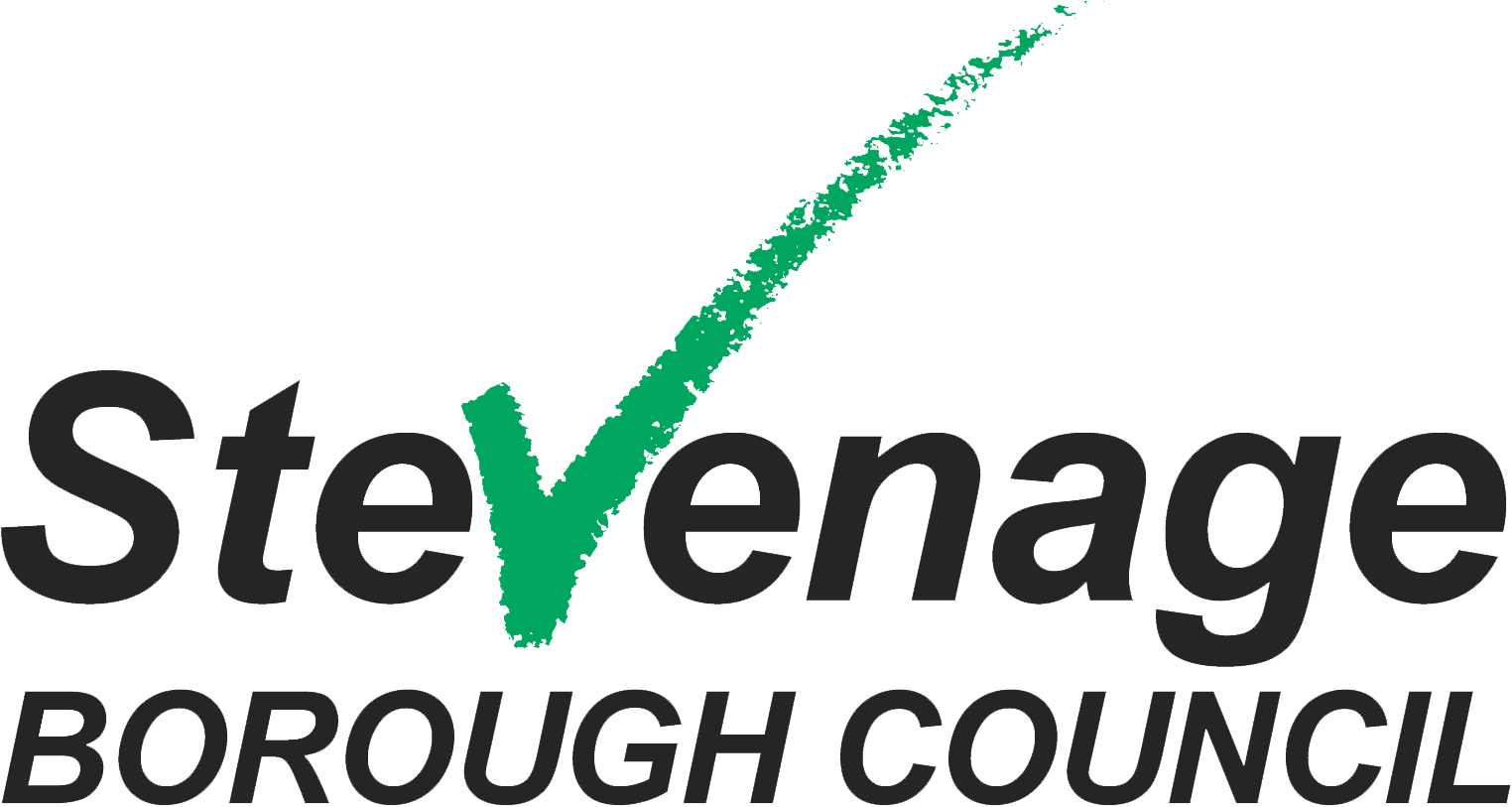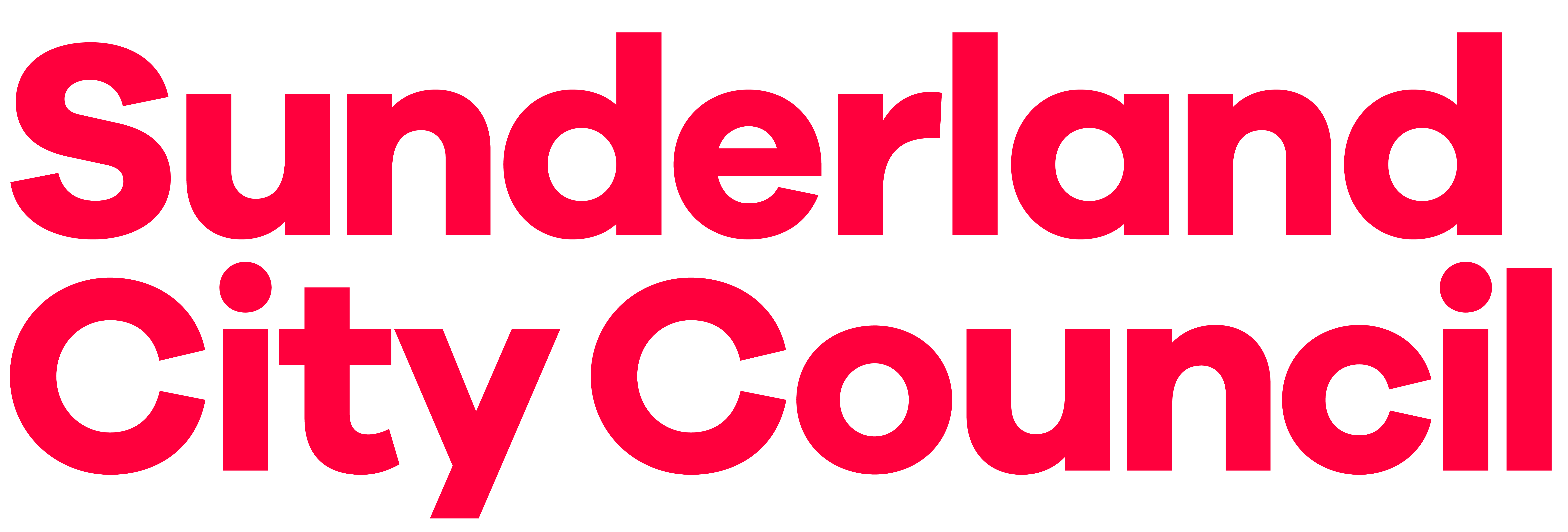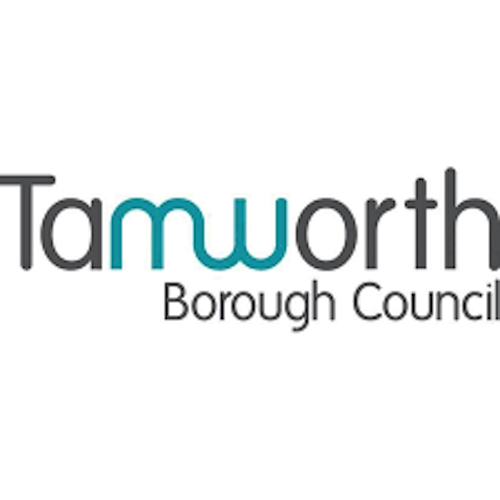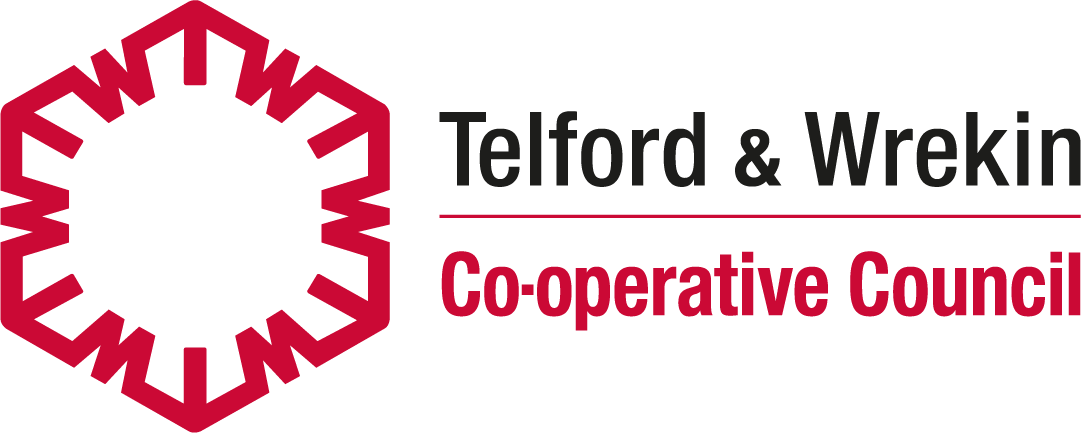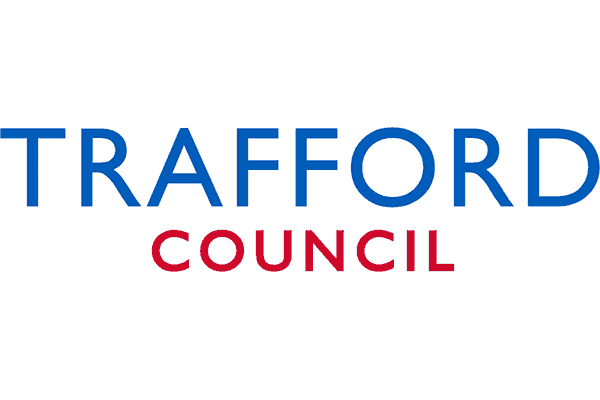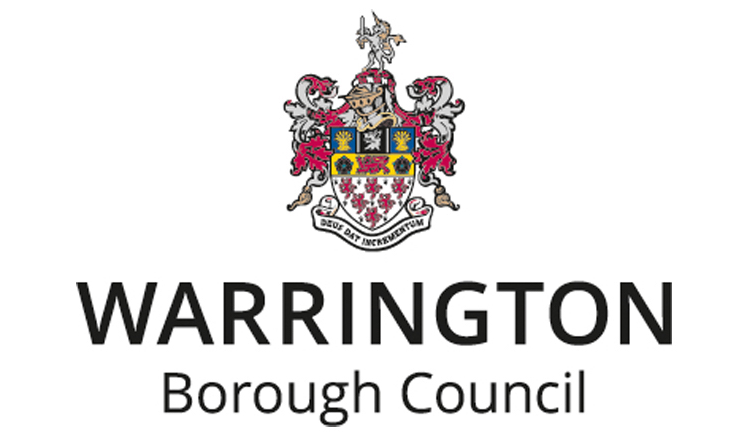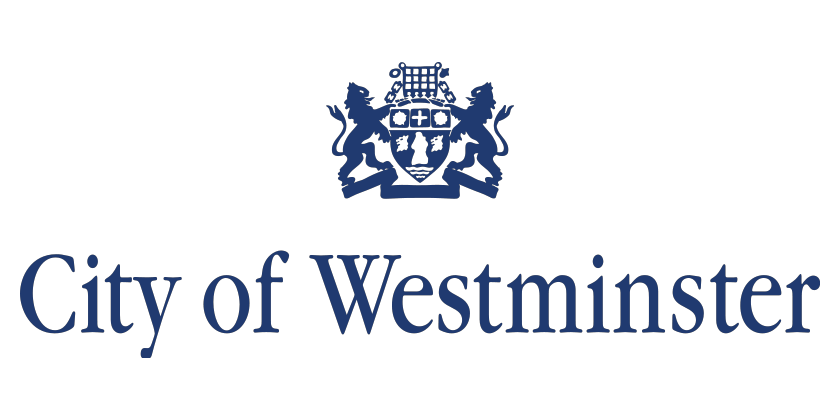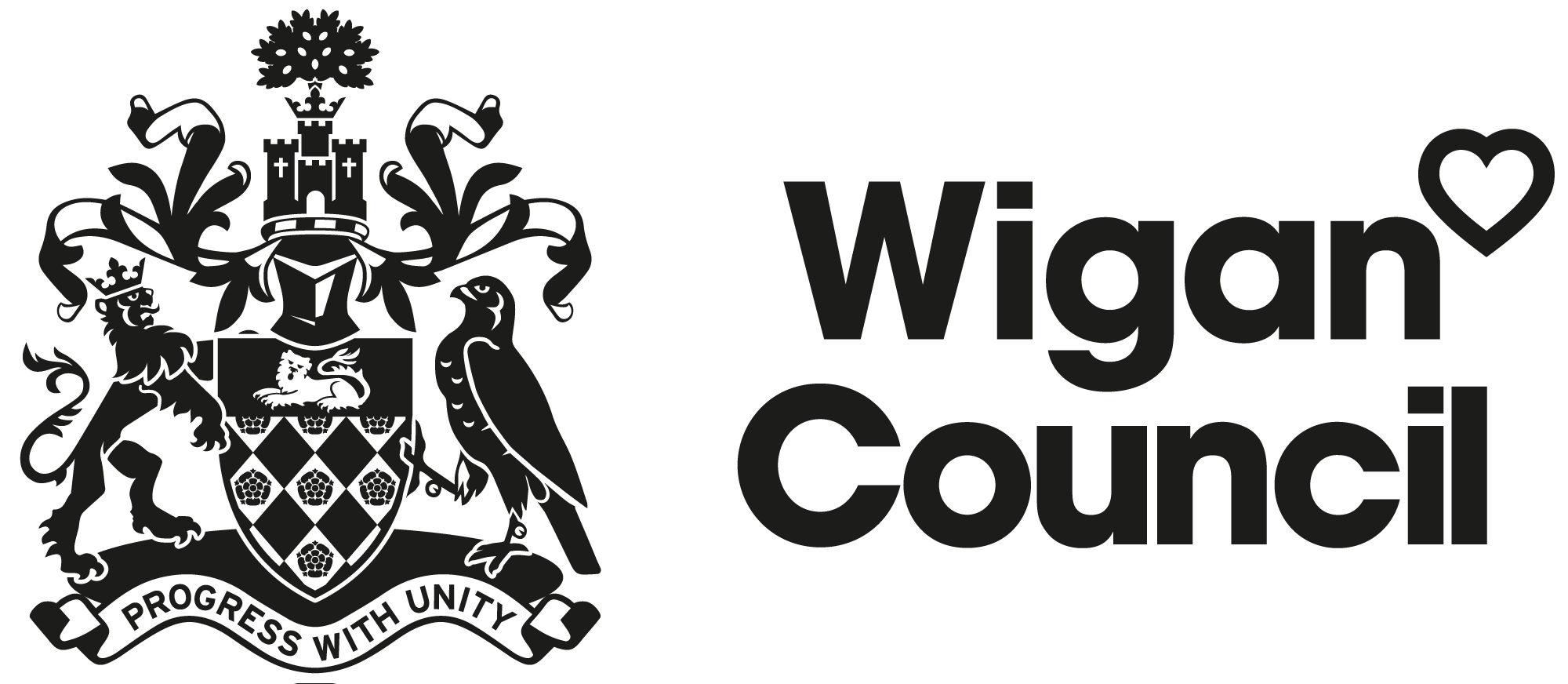There are a range of stakeholder types in work to develop cooperatives. Which of these are most important to work in your place will vary according to other aspects of the context you have identified but particularly the local objectives you may go on to define. As this implies, the stakeholders and partners you need to work with may evolve as you progress this work.
Broad areas for consideration are:
- Local elected members (particularly the Leader of the council and Cabinet members) and MPs. You may wish to consider how supportive of the agenda you expect each of these to be and what groups they fall into (on party, geographic or other basis). If you’re a member of CCIN your lead member is a good place to start.
- Colleagues in other areas of the council.
- Existing cooperatives, cooperative development bodies / consultants, and co-operative activists.
- Local residents – particularly those who are subject to market failures such as poor quality employment or lack of access to affordable, high quality goods and services.
- Anchor organisations as described by CLES including “NHS trusts, universities, trade unions, large local businesses, the combined activities of the community and voluntary sector and housing associations” as well as local authorities themselves.
- Voluntary Community and Social Enterprise organisations not already picked up with a particular interest in cooperatives and the solidarity economy. This is likely to include your local voluntary sector infrastructure body.
- Local schools, colleges, universities and their students.
- Local professional services providers and business network organisations.
You may wish to start by downloading and completing this stakeholder template table.
